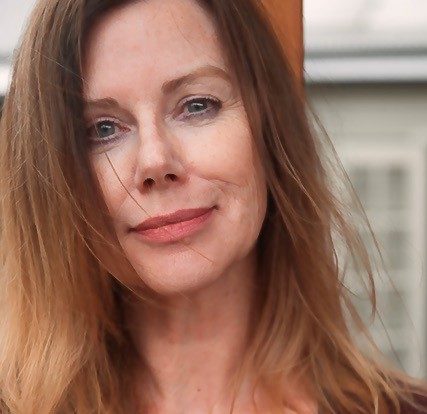
FWA: Your course Writing the Narrative Nonfiction Book (WNNB) is entering its second year. Would you give us an idea of the range of projects students have brought to the class in the past twelve months?
DR: It’s our practice in WNNB to commit to a high level of confidentiality about the actual subject matter of students’ projects, but, in general, students have either been working on a wide variety of different approaches to memoir, while others have been exploring an area of cultural, social or economic life that they wish to challenge. Some students have been writing forms of history, while the lives of other people are the focus of some projects.
FWA: Are there particular areas of writing nonfiction that are commonly problematic for people writing nonfiction books? How do you approach these matters?
DR: Everything is a problem for writers, whether they be emerging or experienced, writing nonfiction or fiction. In essence, the creative process could be said to be one of solving problems – if you have no problems, then you have no process. The main problem arises when students take these problems personally, as a sign of inadequacy, rather than view them as simply the challenges necessary to the development of a work. Once this is accepted by a writer at a very deep level, a certain objectivity is achieved, and all problems, whether they be technical, aesthetic or ethical, can be worked through calmly and rationally.
FWA: You’ve been teaching and researching narrative nonfiction exclusively for many years. What are the major changes you’ve noticed over that time?
DR: The rise of the memoir is the most striking development in nonfiction in recent years. The fact that last year’s Nobel Prize in Literature was awarded to a memoirist, Annie Ernaux, is a very clear recognition of this.
FWA: What will you be looking for in the ‘ideal’ application for Writing the Narrative Nonfiction Book?
DR: A genuinely compelling idea, expressed with clarity, precision and a strong sense of conviction. Along with this, the extract of writing from the project needs to demonstrate some facility with language and an understanding of the rules of written communication.
FWA: Which two or three nonfiction books would you recommend students read and why?
DR: John Hersey’s Hiroshima (1946). A year after the dropping of the atomic bomb on the Japanese cities of Hiroshima and Nagasaki, Hersey was commissioned to tell the story of the Japanese victims to a still largely-ignorant American population. In doing so, he was faced with a fearsome task: how does a writer tell the story of an event that is unprecedented in human history? In adapting the story-telling techniques of fiction to non-fiction reporting, Hiroshima is not only an intimate, restrained masterpiece of historical writing, but one that also represents a significant shift in the genre of nonfiction.
Katherine Boo’s Beyond the Beautiful Forevers (2012). In writing about the lives of the inhabitants of a slum in Mumbai, India, this white American author is faced by a seemingly limitless number of highly-complex questions about the ethics and responsibilities of writing about others, especially those whose experiences exist far outside her own. The fact that this book is as richly textured and as psychologically and socially acute as a Dickens’ novel, is a testament to her scrupulous reporting and hard-won allegiance to fact.
Te-Nehesi Coates, Between the World and Me (2015). A memoir in the form a letter from a father to his adolescent son, this close-to-the-bone account of the effects of fear and violence on the lives of African-American men speaks to the soul in a way that no Black Lives Matter sloganeering, however important, ever can. Even though Coates’ subject is America, the force of his writing illuminates the pain of anyone whose skin colours renders them vulnerable in every minute of their lives.
Writing the Narrative Nonfiction Book
with Deborah Robertson
Melbourne
15 July 2023 – 22 May 2024